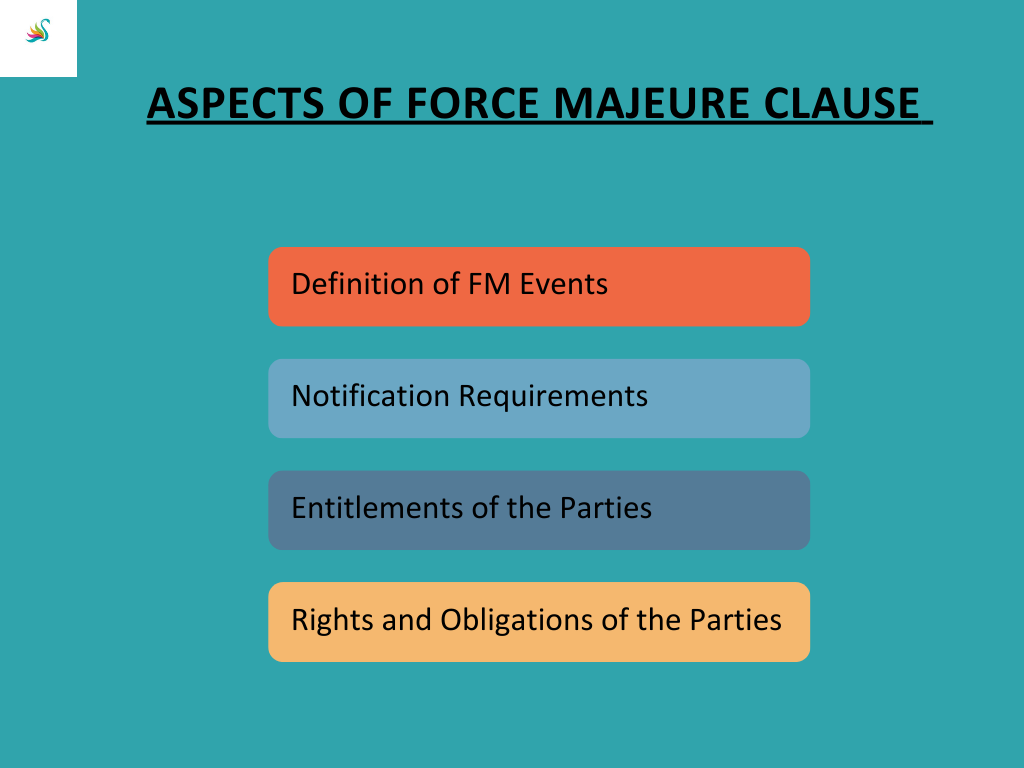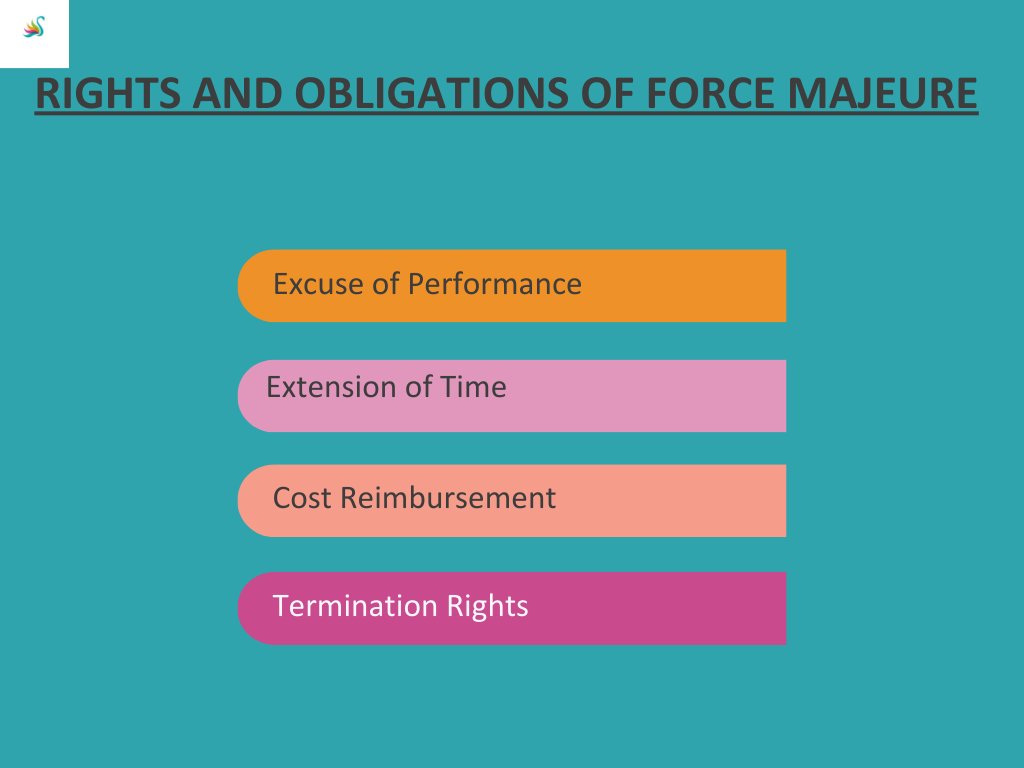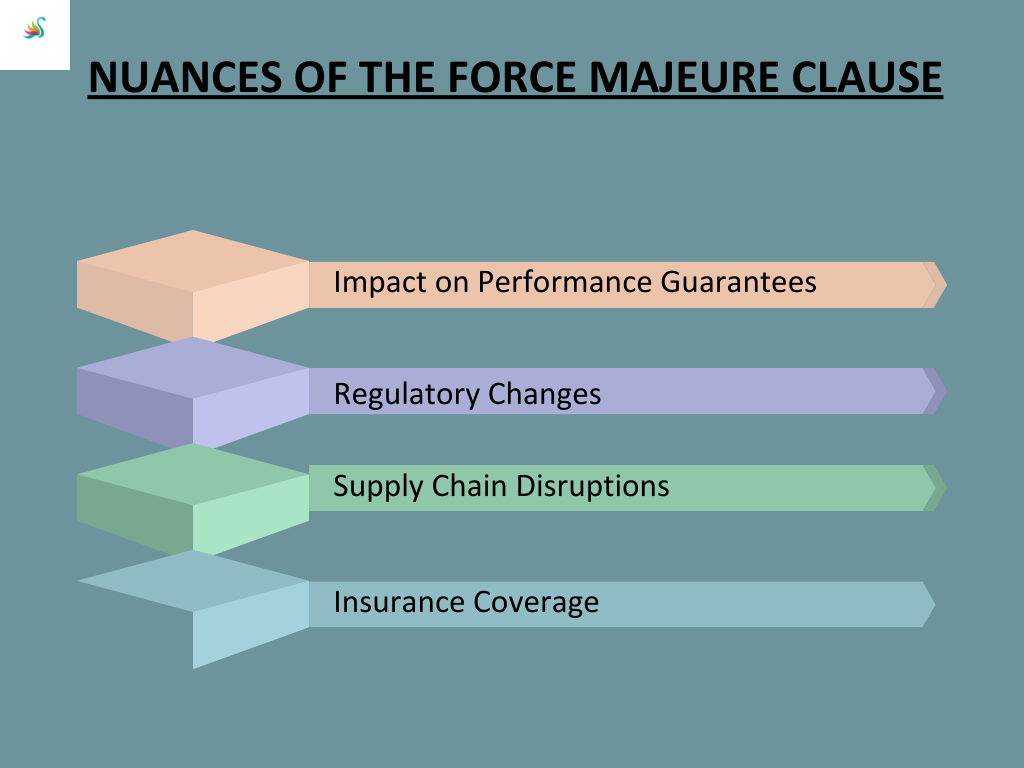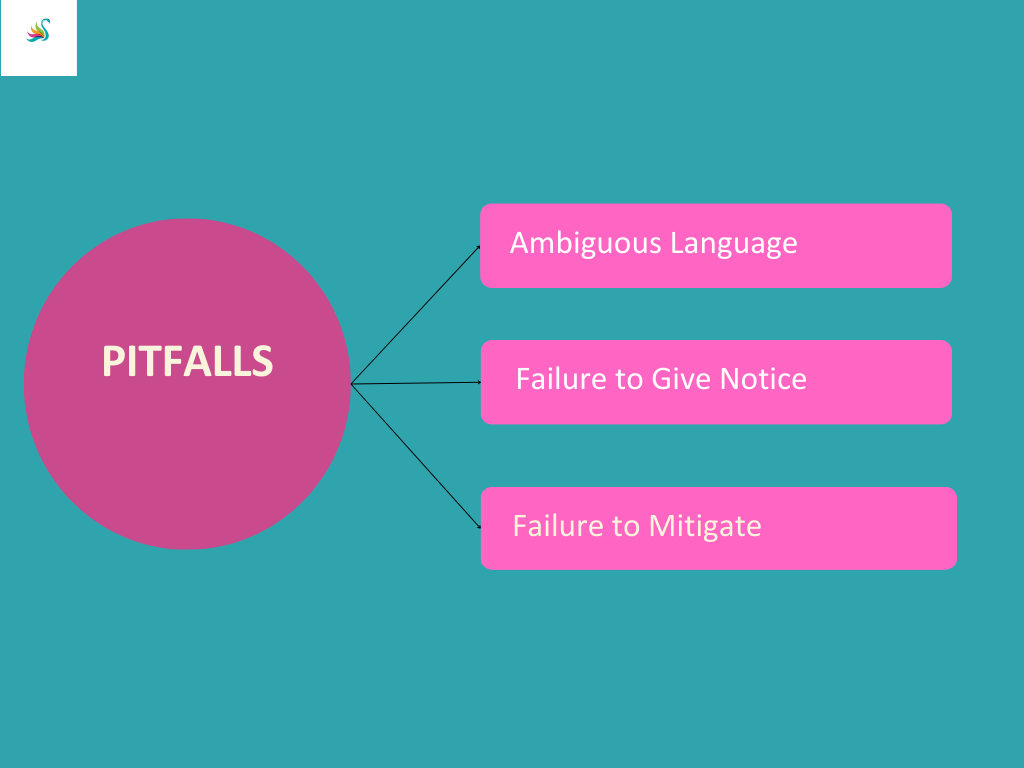Force Majeure
Introduction:

Construction contracts for power plants involve complex negotiations and legal provisions to ensure that the project is completed successfully and within budget. However, unforeseeable events can occur that can impact the project’s progress and completion, such as natural disasters, pandemics, labor strikes, and other events that are beyond the control of the parties. To address these events, construction contracts typically include a Force Majeure clause that outlines the parties’ entitlements, rights, and obligations in such situations. This chapter will provide a comprehensive overview of the Force Majeure clause in construction contracts for power plants, including thermal, solar, and wind technologies. The chapter will cover the essential aspects of the clause and provide practical guidance, illustrations, charts, and case studies to help project teams navigate the complexities of the clause and avoid potential pitfalls.
Understanding the Force Majeure Clause:
The FM clause is a critical mechanism that helps manage risks associated with the construction of power plants, including thermal, solar, and wind technologies. A well-drafted FM clause should provide a framework to assess the risks, define the trigger events that could give rise to a claim, set the scope of entitlements, and specify the remedies available to the parties. The following are some of the common aspects of FM clauses that deserve attention in the context of power plant construction projects:

1. Definition of FM Events:
The FM clause should define the types of events that could trigger the clause. In power plant construction, this could include events beyond the control of the parties, such as natural disasters, acts of God, or catastrophic accidents. It is essential to note that the list of FM events should be exhaustive, as courts tend to interpret FM clauses narrowly. Therefore, it is critical to ensure that the events listed are precise, comprehensive, and unambiguous.
2. Notification Requirements:
The FM clause should specify the notification requirements for both parties. Typically, the contractor will need to notify the owner of the occurrence of an FM event within a certain timeframe, failing which they may lose their entitlements. On the other hand, the owner may need to demonstrate that they have mitigated the impact of the FM event to the extent possible, and that no alternative methods of performance are available.
3. Entitlements of the Parties:
In a typical construction contract for a power plant, the Force Majeure clause will define the events that constitute Force Majeure and the entitlements of the parties in such circumstances. The clause will usually provide that the affected party is entitled to an extension of time to complete its obligations under the contract, and in some cases, a right to claim compensation for any additional costs incurred as a result of the Force Majeure event.
It is important to note that the occurrence of a Force Majeure event does not automatically relieve the affected party from its obligations under the contract. The party seeking relief must demonstrate that the event was beyond its control and that it has taken all reasonable steps to mitigate its effects. The affected party must also provide notice to the other party of the occurrence of the Force Majeure event and its impact on the project’s progress, in accordance with the notice provisions in the contract.
4. Rights and Obligations of the Parties
The Force Majeure clause in a construction contract for a power plant will also define the rights and obligations of the parties in such situations. The clause will usually provide that the affected party must use reasonable efforts to resume performance of its obligations as soon as practicable after the Force Majeure event has ended. The clause may also provide that the parties must meet and discuss the impact of the Force Majeure event on the project’s progress and any steps that can be taken to mitigate its effects.
The Force Majeure clause can provide various entitlements, rights, and obligations to the parties, depending on the specific language of the clause and the circumstances of the Force Majeure event. Some of the typical entitlements, rights, and obligations include:

Excuse of performance: The affected party may be excused from performing its obligations under the contract for the duration of the Force Majeure event. This can include delays in the project’s progress, suspension of work, or termination of the contract.
Extension of time: The affected party may be entitled to an extension of time to complete its obligations under the contract. This extension can be necessary to account for delays caused by the Force Majeure event, such as delays in the delivery of equipment or materials.
Cost reimbursement: The affected party may be entitled to reimbursement of costs incurred as a result of the Force Majeure event, such as increased transportation costs or extra labor expenses.
Termination rights: The parties may have the right to terminate the contract if the Force Majeure event persists for a prolonged period, making it impossible or commercially impracticable to complete the project.
Illustrations and Case Studies
To illustrate the practical application of the Force Majeure clause in the construction of power plants, we can consider the following examples:
Example 1: A solar power plant project is delayed due to an unexpected shortage of solar panels caused by a fire at the manufacturer’s plant. The developer invokes the Force Majeure clause to seek an extension of time to complete the project. The clause provides that shortages of materials due to causes beyond the control of the parties constitute Force Majeure events, and the developer is entitled to an extension of time to complete the project. The clause also provides that the developer must use reasonable efforts to minimize the impact of the shortage on the project’s progress.
Example 2: A wind power plant project is interrupted due to a government order prohibiting the movement of construction materials and personnel across state lines as a result of a pandemic. The contractor invokes the Force Majeure clause to seek an extension of time and additional compensation for the costs incurred due to the interruption. The clause provides that government actions beyond the control of the parties constitute Force Majeure events, and the contractor is entitled to an extension of time and additional compensation for the costs incurred as a result of the interruption. The clause also provides that the parties must comply with the government order and take steps to minimize the impact of the interruption on the project’s progress.
Example3: In the case of AES v. Steadfast, a wind farm operator sought coverage under an insurance policy that included an FM clause after a sudden collapse of a wind turbine. The court ruled that the FM clause did not apply, as the collapse was caused by a manufacturing defect, which was within the control of the operator.
Case Study: Hurricane Maria and the AES Puerto Rico Power Plant
In September 2017, Hurricane Maria struck Puerto Rico, causing widespread devastation and disrupting the island’s power grid. The AES Puerto Rico Power Plant, a coal-fired power plant, was one of the few power plants on the island that remained operational after the hurricane. However, the power plant’s coal supply was disrupted due to the hurricane, and the plant had to switch to burning diesel fuel to generate electricity.
AES Puerto Rico filed a claim under the Force Majeure clause in its power purchase agreement with the Puerto Rico Electric Power Authority (PREPA). The claim was based on the disruption of the power plant’s coal supply due to the hurricane, which constituted a Force Majeure event under the agreement. AES Puerto Rico sought reimbursement of the additional costs it incurred due to the switch to diesel fuel, as well as an extension of time to perform its obligations under the agreement.
PREPA contested AES Puerto Rico’s claim, arguing that the hurricane did not constitute a Force Majeure event under the agreement and that AES Puerto Rico failed to mitigate its damages. The case ultimately went to arbitration, where the arbitrator ruled in favor of AES Puerto Rico, finding that the hurricane was a Force Majeure event under the agreement and that AES Puerto Rico had taken reasonable steps to mitigate its damages. The arbitrator awarded AES Puerto Rico over $100 million in damages and an extension of time to perform its obligations under the agreement.
Lessons Learned: The Importance of Clear and Comprehensive Contract Language
The AES Puerto Rico case illustrates the importance of clear and comprehensive contract language in the Force Majeure clause. The clause should define the events that constitute Force Majeure with specificity, and provide a clear process for making and resolving claims under the clause. The clause should also address the parties’ entitlements, rights, and obligations in the event of a Force Majeure event, including the procedures for providing notice, mitigating damages, and allocating costs.
Nuances of the Force Majeure Clause in Power Plant Construction Contracts
The Force Majeure clause in power plant construction contracts can have several nuances that project teams should be aware of when negotiating and drafting the clause. Some of the key nuances include:

Impact on Performance Guarantees: In power plant construction contracts, the contractor typically provides performance guarantees, such as performance bonds or letters of credit, to ensure that the plant meets its performance specifications. A Force Majeure event can impact the contractor’s ability to meet these guarantees, and the clause should address the impact on the guarantees.
Regulatory Changes: Power plant construction projects are subject to various regulatory requirements, such as environmental regulations and permits. A Force Majeure event that results in changes to these requirements can impact the project’s progress and completion, and the clause should address the impact of regulatory changes.
Supply Chain Disruptions: Power plant construction projects involve the delivery of equipment and materials from various suppliers, and a Force Majeure event that disrupts the supply chain can impact the project’s progress and completion. The clause should address the impact of supply chain disruptions on the project.
Insurance Coverage: Power plant construction projects typically require various types of insurance coverage, such as property insurance and liability insurance. A Force Majeure event can impact the insurance coverage and the clause should address the impact of the event on insurance coverage.
Pitfalls to Avoid:
While the Force Majeure clause can provide valuable relief to parties affected by unforeseeable events, there are some pitfalls to avoid when negotiating and drafting the clause in a construction contract for a power plant. Some of these pitfalls include:

Ambiguous language: The clause should be drafted with clear and unambiguous language that defines the events that constitute Force Majeure and the entitlements, rights, and obligations of the parties in such situations.
Failure to give notice: The affected party must provide timely notice of the occurrence of the Force Majeure event and its impact on the project’s progress, in accordance with the notice provisions in the contract.
Failure to mitigate: The affected party must take all reasonable steps to mitigate the effects of the Force Majeure event on the project’s progress, and failure to do so may result in a waiver of its entitlements under the clause.
Conclusion:

The Force Majeure clause is a critical provision in a construction contract for a power plant that can provide valuable relief to parties affected by unforeseeable events beyond their control. Project teams must understand their entitlements, rights, and obligations in such situations, and the clause must be drafted with clear and unambiguous language to avoid any pitfalls. By following the practical guidance provided in this chapter and learning from the illustrated examples and case studies, project teams can equip themselves with the knowledge necessary to navigate Force Majeure events and ensure the successful completion of power plant projects.
